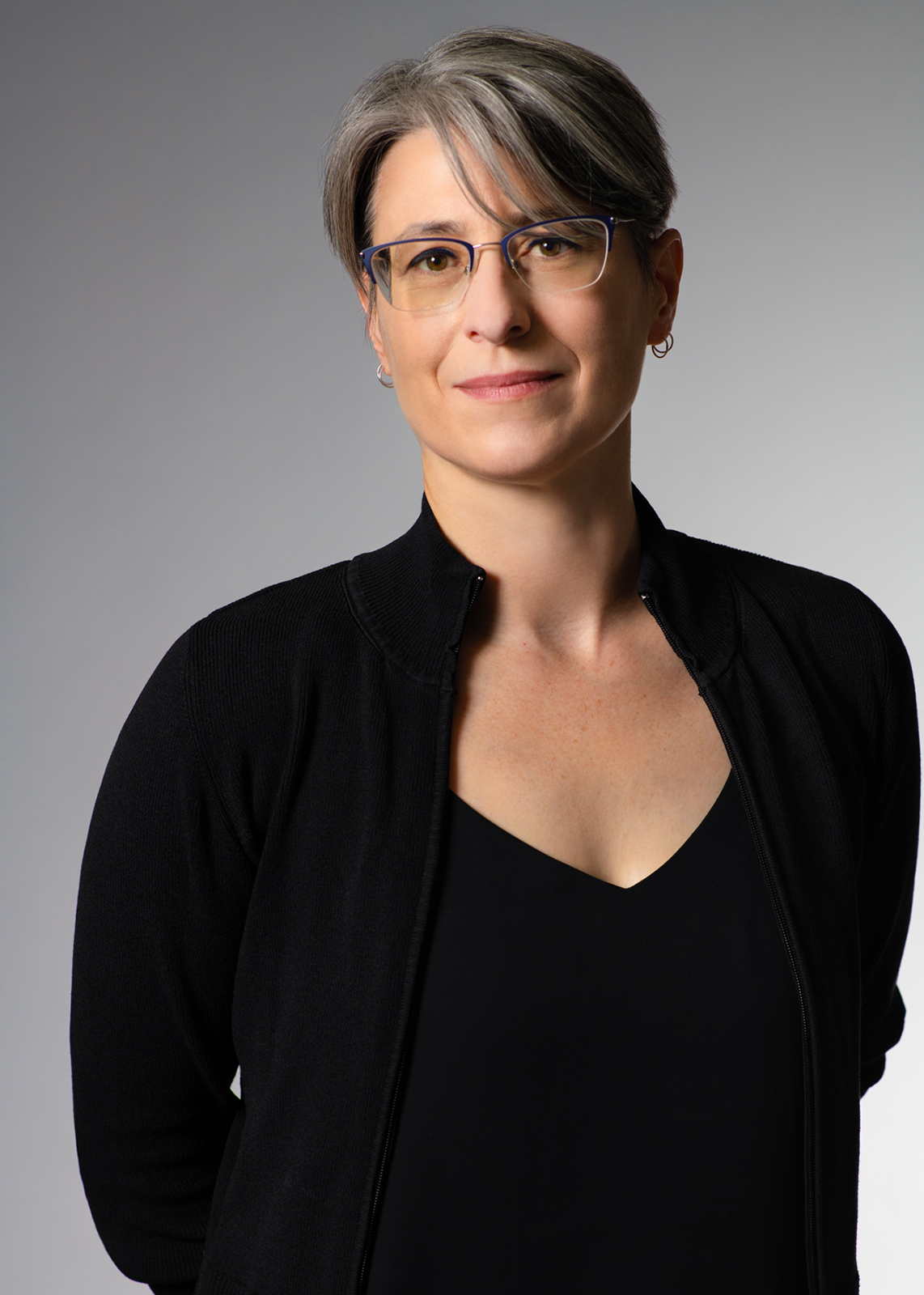Rebecca Carruthers den Hoed
Research / Teaching Area
Education
Ph.D. Communication Studies, University of Calgary
M.A. English (Rhetoric), Simon Fraser Univeristy
B.A. Mathematics and Rhetoric & Professional Writing, University of Waterloo
About
Dr. Rebecca Carruthers Den Hoed is an Assistant Professor of Teaching in the School of Journalism, Writing, and Media at UBC. Her teaching and research are focused on academic discourse, academic writing across the disciplines, research genres and genre instruction, team based learning (TBL) in writing courses and writing contexts, collaborative writing across the disciplines, discourses of science/health/environment, and discourses of food, especially discourses of food resilience, food citizenship, food wildness, and food futures. She is especially interested studying discourses of food as a way of engaging in broader conversations about scholarship, knowledge production, and the role of science and academic research in conversations about health and the environment.
Rebecca has taught academic writing, rhetorical theory and practice, professional and technical communication, and science and health communication at Canadian universities for over twenty years. She has taught at the University of Calgary, the University of Lethbridge, and is currently teaching at the University of British Columbia.
Teaching
Publications
| Richards, G.W. & Carruthers Den Hoed, R. (2018). Seven strategies of climate change science communication for policy change: Combining academic theory with practical evidence from science-policy partnerships in Canada. Handbook of climate change communication: Vol. 2 (pp. 147-160). Springer International Publishing. https://doi.org/10.1007/978-3-319-70066-3_11
Truman, E., Raine, K., Mrklas, K., Prowse, R., Carruthers Den Hoed, R., Watson-Jarvis, K., Loewen, J., Gorham, M., Ricciardi, C., Tyminski, S., Elliott, C. (2017). Promoting children’s health: Toward a consensus statement on food literacy. Canadian Journal of Public Health, 108(2), e211-213. Elliott, C., & Carruthers Den Hoed, R. (2016). Do apples need an Elmo sticker? Children’s classification of unprocessed edibles. Critical Public Health. Carruthers Den Hoed, R. (2016). Hipster hunters and the discursive politics of food hunting in Canada. In C. Elliott (Ed.), How Canadians communicate VI: Food promotion, consumption, controversy (pp. 203-228). University of Athabasca Press. Spoel, P., Den Hoed, R. (2014). Places and people: Rhetorical constructions of ‘community’ in a Canadian environmental risk Aasessment. Environmental Communication. 8(3), 265-285. Den Hoed, R. Elliott, C. (2013). Parents’ views of supermarket fun Food and the question of responsible marketing. Young Consumers 14(3): 201-215. Elliott, C., Carruthers Den Hoed, R., Conlon, M. (2013). Food branding and young children’s taste preferences: A reassessment. Canadian Journal of Public Health, 104(5). 364-368. |
Course Descriptions
WRDS 150B — Resilience
Together, we will explore the idea of resilience and how it is defined and measured in different academic disciplines (e.g., engineering, psychology, ecology). While resilience has been studied by scholars for centuries (the word can be traced back to the work of Francis Bacon in the 17th century), it has become especially popular since the mid-20th century in research that focuses on the behaviour of complex systems: e.g., ecosystems, social systems, technical systems. While definitions vary, the term ‘resilience’ can refer to a complex system’s ability to bounce back to ‘normal’ — or bounce forward to some ‘new normal’ — after an expected disaster or disruption. For this reason, the study of resilience is sometimes called the “science of surprise.” How can cities and buildings be designed to help people ‘bounce back’ quickly after a sudden heat wave? How can elite athletes learn to ‘bounce back’ after a poor performance and ‘bounce forward’ to improve their performance next time? What makes some species more likely to survive and even thrive after a wildfire? Resilience is often (but not always) considered a good thing: a desirable quality, process, or goal that helps a system recover quickly and adapt positively after a shock or trauma— like a flood, hurricane, drought, power failure, financial crisis, disease outbreak, forced relocation, or even colonization, systematic oppression, symbolic violence. In response to readings, lectures, and class discussion, students will develop a research project of their own that focuses on ‘state of the art’ resilience research and that contributes to current scholarship about resilience.
WRDS 150A — Good Food
Together we will explore the idea of “good food” as it is explored, imagined, and studied in different academic disciplines (e.g., cultural studies, sociology, anthropology, geography). What counts as “good food” is vast and varied — and we’ll explore many different approaches. Sometimes “good food” is about what is good for the body: like healthy, medicinal, or nutritious foods. In other contexts, “good food” is about what is good for the land or the environment: like organic farming or plant-based diets. In other contexts, “good food” is about cultivating a strong sense of group or cultural identity: food traditions and celebrations; religious or cultural foods and diets. “Good food” can also be about food that signals — and elevates — a person’s social status: foods that signal taste, refinement, socio-economic class, or self-control. “Good food” can be about taste and pleasure: like the aesthetic appeal of slow food, the sensory appeal of engineered food, the visual pleasure of food porn. And “good food” can be about what is good for the economy: local food, food banks, fair trade food, freegan foodways. In response to readings, lectures, and class discussion, students will develop a research project of their own that focuses on ‘state of the art’ research about “good food” and the impact “good food” can have on our bodies, minds, communities, economies, and ecosystems.
